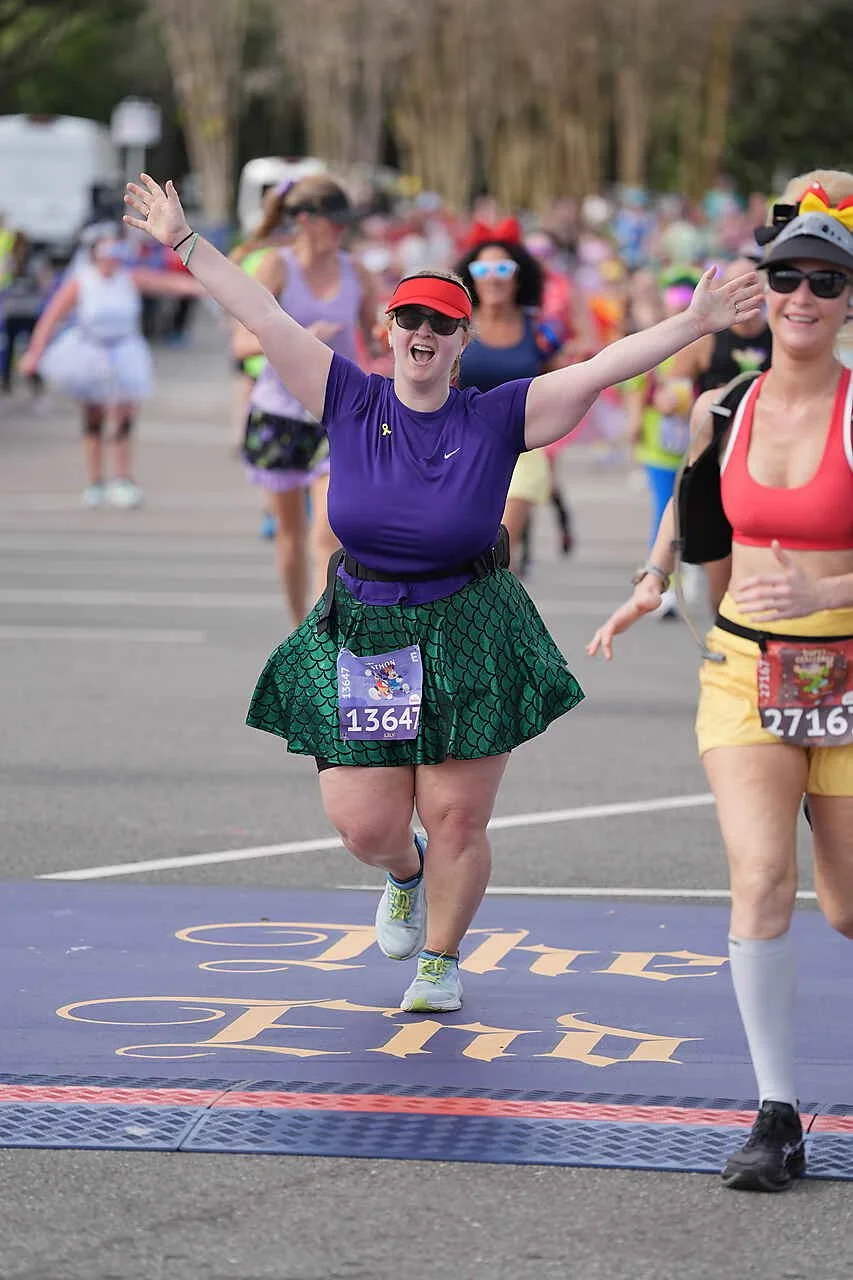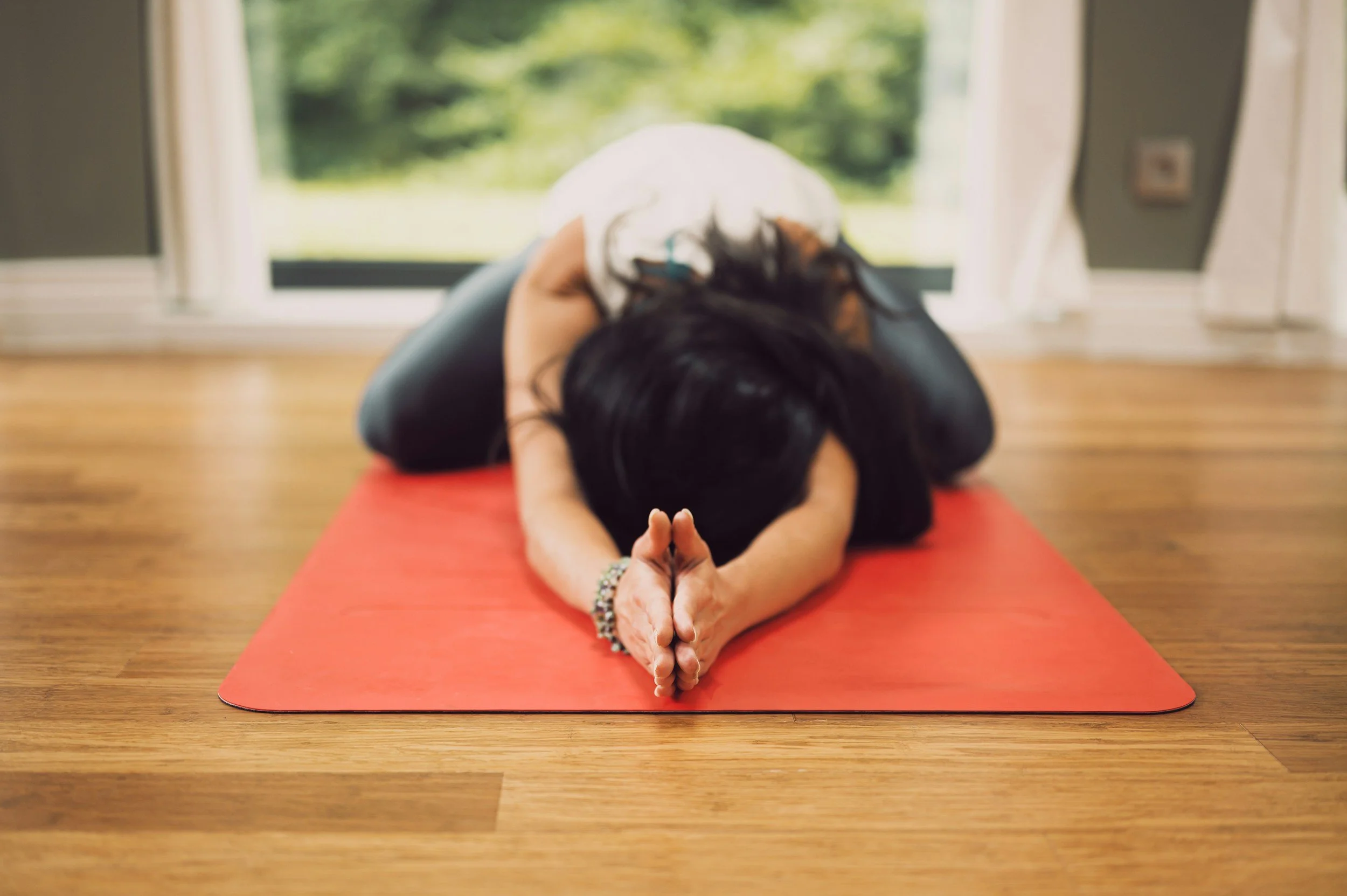Hidden Strength: Discovering Your Power Beyond Social Anxiety Disorder
Hidden Strength: Discovering Your Power Beyond Social Anxiety Disorder
Written by Lily Thrope
Social Anxiety Disorder (Social Phobia) is the severe fear of rejection or embarrassment, especially in social settings. Social Anxiety Disorder can make it difficult to engage in basic activities like talking with strangers, dining in public, making phone calls, speaking up in class, or attending social events.
While it is often quite normal to feel butterflies before going on a first date, Social Anxiety Disorder is far more than just shyness and nerves. If you find that your anxiety is interfering with your routine and daily life activities, it is quite possible you are dealing with Social Anxiety Disorder.
If you’re wondering how you can manage your social anxiety, see below for a few natural suggestions:
Adopt a couple of relaxation techniques
Utilizing relaxation techniques, such as mindfulness or breathing exercises, can help calm the physical reactions of Social Anxiety Disorder. For example, you can use variations of mindful breathing such as belly breathing or box breathing. Taking deep, intentional breaths and visualizing your breath flowing down your spine and toward your feet can ground you in a stressful situation. Slowing your breath down also helps in avoiding hyperventilation, which ultimately leads to more anxiety.
You can also use the 5-4-3-2-1 method. This is a common grounding practice used to reduce anxiety and bring your mind to a calmer state. The steps are simple: first, name five things you can see. Then, four things you can feel, three things you can hear, two things you can smell, and one thing you can taste. This practice allows us to find our footing again and become reoriented with our senses and surroundings in the present moment.
Identify triggers
Nailing down what stirs up your social anxiety is a good way of avoiding these feelings in the future. Keep a log of which situations, events and environments trigger your social anxiety. Being aware of these triggers can be helpful in managing your symptoms.
Be kind to yourself
One of the best things you can do is be kind to yourself. Treat yourself with compassion and grace, just as you would do with a close friend. Try to externalize your social anxiety as something that is a part of you, not you entirely. Also, try to keep in mind that most of the time people are preoccupied with their own thoughts, and not thinking about you.
Seek professional help
Seeking help is not a sign of weakness – it is courageous. You are not alone and there are people who can help. If you find your social anxiety overwhelming your basic quality of life, consider speaking to a professional.
Reach out to us at Thrope Therapy and schedule your free 15 minute consultation. You can email us with any questions or inquiries at hello@thropetherapy.com. We look forward to hearing from you.




